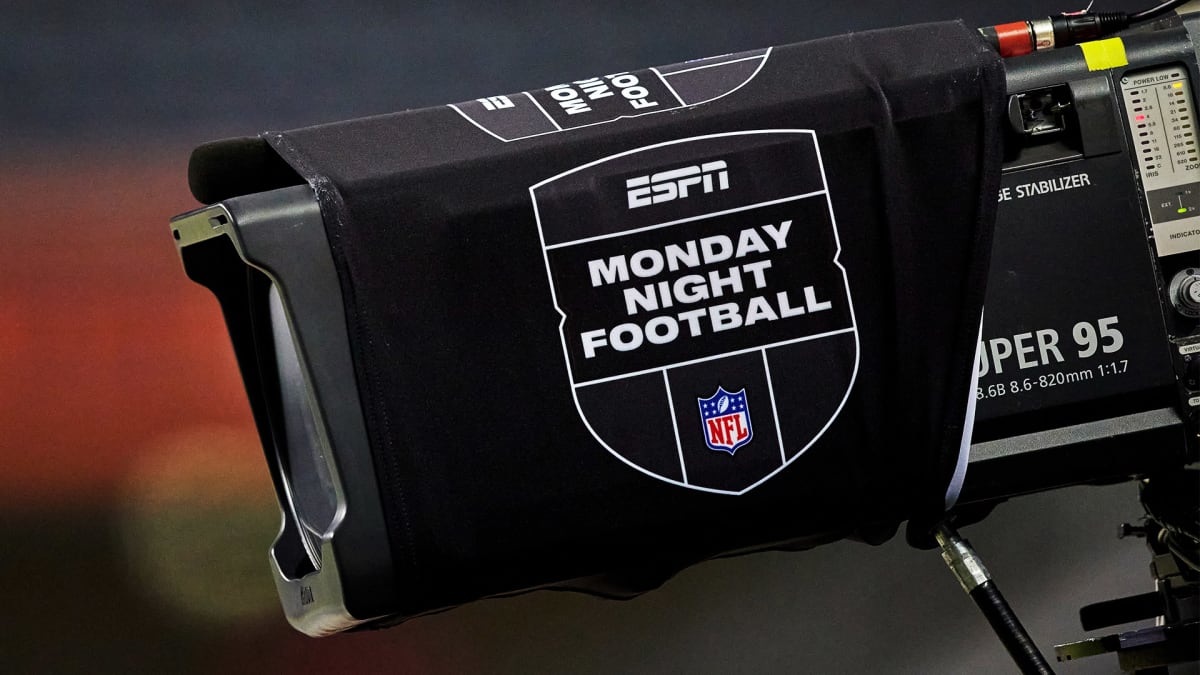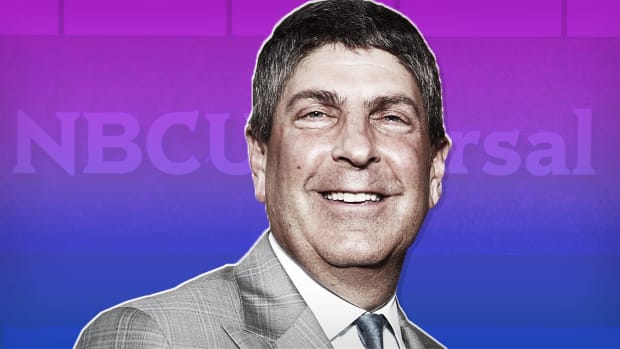
The right to broadcast NFL games is what separates media companies in this next phase of the streaming wars.
At least that was the message NBCUniversal CEO Jeff Shell tried to get across during his interview at the UBS Global TMT Conference this week.
"First of all, NFL, continues to be just awesome," Shell told the investor conference before explaining that "the NFL is really just a source of strength. And we bundle that with virtually everything we do."
He also praised his company, which is a subsidiary of Comcast (CMCSA), and its decision to purchase the U.S. broadcast rights for the World Cup, which it says helped its Telemundo subsidiary in its competition with fellow Spanish-language rival Univision.
The company's sports investments have also benefitted Peacock, NBCUniversal's streaming product, with Shell saying "the World Cup's been great... the World Cup's been a bit of a big driver for Peacock."
Sports have been so good to NBC that Shell even expressed sympathy for rivals looking to navigate a media environment with dwindling ad spend.
"I feel for companies that don't have NFL to package with the rest of their portfolio, because NFL is just a juggernaut. The ratings are great," Shell said.

Todd Williamson/Getty Images/TheStreet
NFL Haves vs. Have-Nots
The legacy media companies Fox (FOXA), ESPN (through Disney (DIS)), CBS (through Paramount (PARA)), and NBC are all paying at least $2 billion annually to the league for broadcast rights for the next 11 seasons.
Amazon (AMZN) was the first next-generation streaming to get a piece of the NFL pie with its Thursday Night Football package, and now Apple AAPL and Youtube (GOOGL) fighting over the final slice.
Netflix (NFLX) is still the streaming content king with 223 million subscribers, but the company does not have a presence in live television.
The NFL's Sunday Ticket package, the NFL's comprehensive streaming package that allows viewers to see the league's full slate of out-of-market games every Sunday, is up for grabs and negotiations between the league and its potential suitors look like it could drag on into next year.
In on fell swoop, the winning bidder will get access to the tens of millions of NFL fans that watch the games every Sunday.
Thestreamable.com conducted a survey of 2,562 fans who regularly watch the NFL. The study found that 48% of NFL fans "definitely will or are likely" to subscribe to Sunday Ticket once it is offered by a major streaming provider.
The winning bidder will pick up a big number of first-time subscribers, according to the study, more than 40% of those that never subscribed before said they would "definitely" will.
The Race for NFL Sunday Ticket
The NFL is looking for the buyer willing to pay more than $2 billion annually for the rights to Sunday Ticket, which is the package that features all of the league's regional broadcasts on Sundays, according to CNBC.
"I clearly believe we’ll be moving to a streaming service,” NFL Commissioner Roger Goodell told CNBC’s Julia Boorstin in a recent interview. “I think that’s best for consumers at this stage.”
Fans of out of market teams are 66% more likely to be currently subscribed to Sunday Ticket than fans of in-market teams, and are nearly three times more likely to "definitely" subscribe to the service, according to Streamable's survey.
DirecTV has been paying $1.5 billion annually for the broadcast rights. A deal is not expected imminently, according to the report, as DirecTV still has the rights to Sunday Ticket for the current 2022 season.







